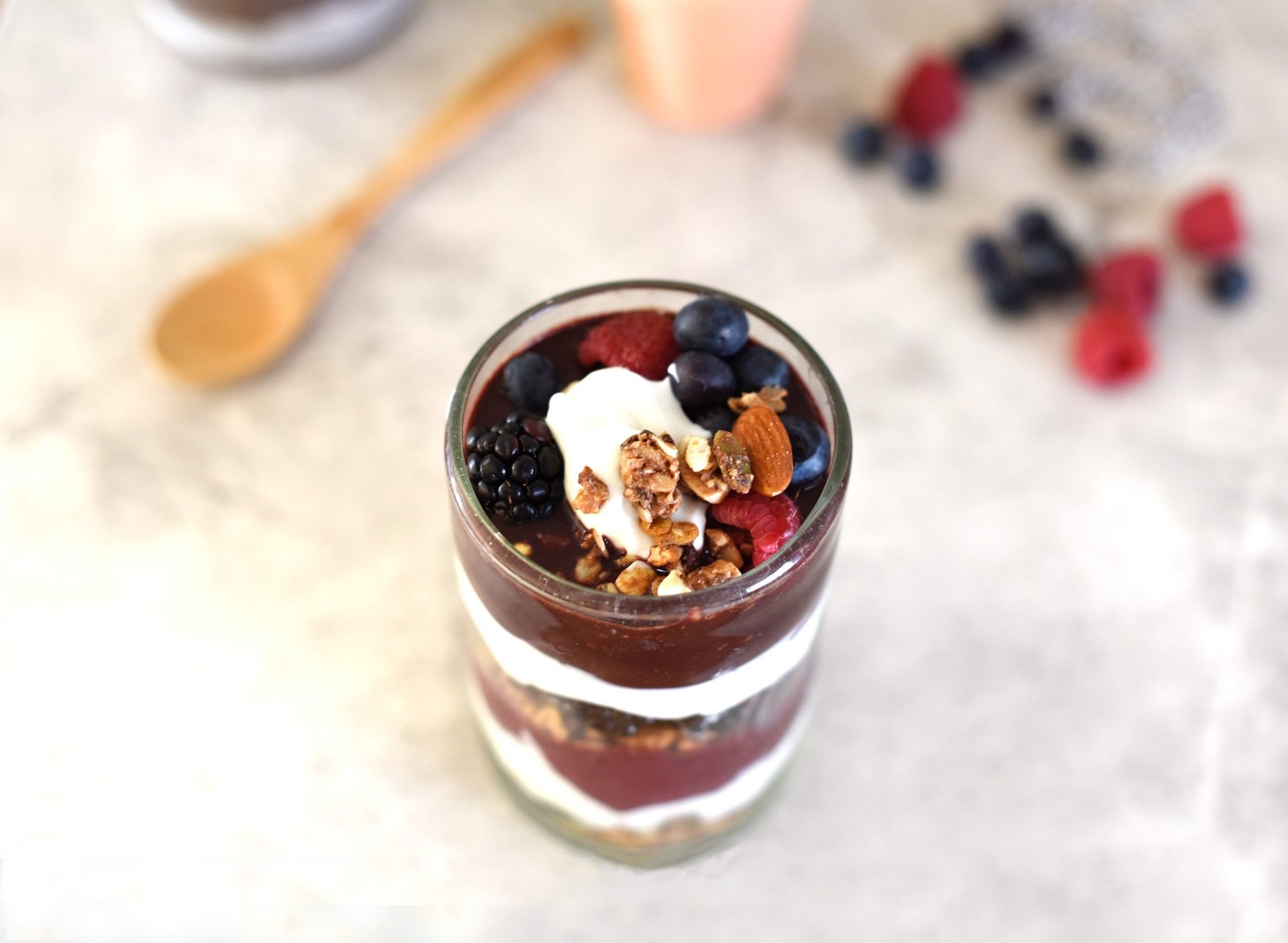Probiotic organisms are living microorganisms (good bacteria) that live in your gut and play a key role in maintaining healthy gut flora function by preventing the invasion of harmful microbes. First of all, it is important to know what is responsible for your intestinal health. Probiotics are found in fermented foods such as yoghurt, yoghurt paste and yoghurt sauce, as well as in fruits and vegetable oils.
Probiotics are the best bacteria found in the human digestive intestinal tract and are associated with supporting the immune system. With the right amount of good bacteria, your immune system will build up and your body will absorb the nutrients in your food better. This will help with bowel movement and will make your digestive system work better and keep healthy.
However, the number of probiotics produced can vary in comparison to what enters the digestive intestinal tract without a supplement, and even more so when supplemented with other foods.
Although the role and benefits of bacteria are not fully understood, we know that the right balance of good bacteria in the digestive system is important for digestive health and that the human body has many different types of probiotics available. Probiotics also play an important role in helping cells in the small intestine absorb the nutrients released by enzymes from the foods we eat. They help to create a healthy microbiome, 70 per cent of which is in our healthy gut flora.
In the large intestine, which is an environment that is beneficial for the intestinal cells, the correct pH (balance of acidity and alkalinity) is maintained to maintain a balance between good and bad intestinal bacteria. The fibres in the intestine break open to produce nutrients for the cells lining the intestine, which helps to keep the intestinal mucosa healthy. This keeps your digestive system healthy and the environment in your intestine clean.
Studies have linked probiotic use to increased stool frequency, improved memory and improved digestive health.
There is also evidence that drinking tempeh causes a reduction in bacteria in the digestive system and keeps the intestines alive. It is an effective antibiotic and helps with many diseases of the digestive system, such as Crohn’s disease, ulcerative colitis, colorectal cancer and ulcers.
Drinking yoghurt, milk products such as almond milk, almond butter, coconut milk and yoghurt paste, has a high lactose content, which is a key component to keeping your intestines healthy. A balanced diet with a lot of raw vegetables also helps you keep your intestinal tract healthy.
In addition to fibre, the Western diet is also lacking probiotics, which are beneficial bacteria that help the immune system. They promote the release of natural antibodies in the intestinal digestive tract, compete with bad bacteria for space and can even attack unhealthy bacteria directly in some cases. Research has shown that digestive probiotics can alleviate irritable bowel syndrome, prevent allergies and infections and keep you from intestinal infections.
Cultured milk is one of the best sources of probiotics, but other dairy products such as milk, cheese, yoghurt, pickled cabbage and yoghurt can also be used to avoid intestinal infections. The most well-known – Lactobacillus and Lactococcus – bacteria produce cellulase, lactase and protease, and provides optimal balance.
Probiotics help to nourish the intestinal cells and promote their growth and health, thus improving nutrient uptake. Overall, probiotics ensure a healthy intestinal mucosa, improve digestion, help to keep the immune system strong and strengthens the digestive system. A two-in-one digestive supplement formula with enzymes and probiotics will cover all of these bases and keeps the intestinal worms away.
Fibre-rich foods are excellent for gut health because they supply probiotic bacteria in the form of probiotic fibre. Inulin is a “probiotic fibre,” which means that it nourishes the good bacteria and promotes a healthy intestinal flora, and also keeps your internal organs healthy.
Since inulin cannot be broken down in the small intestine, it must travel from the large intestine to the lower GI tract where the intestine lives.
By providing gut bacteria with prebiotic fuel, inulin-rich foods offer other health benefits, including a lower risk of heart disease, diabetes, high blood pressure and high cholesterol by creating a gel barrier around it.
It is necessary to grow the right mix of bacteria in the gut that can help you make healthy food choices, rather than promoting the wrong mix of processed foods. Diabetes can be managed with a healthy diet and gut microbiota, and maintain an optimal balance of intestinal bacteria.
When researchers at Washington University School of Medicine carefully examined the types of bacteria found in the digestive systems of 154 people, they found that those who were obese or had high-fat contents had a smaller variety of gut bacteria. A laboratory study on mice from the same team found evidence that greater spread of a species of bacteria called Firmicute could be linked to weight gain.
The healthy gut bugs are able to suck more calories from food by digesting complex sugars that other bacteria cannot digest sugar-free, and converting them into simple sugars and fatty acids that are absorbed by the intestine into the bloodstream. Leaky bowel is a condition in which gaps in the intestinal wall increase and bacteria, toxins and undigested food particles enter the bloodstream through it, according to the Centers for Disease Control and Prevention (CDC).
These are the various ways you can keep your intestinal tract healthy. Let us know in the comment section if you have any more ideas.


Recent Comments